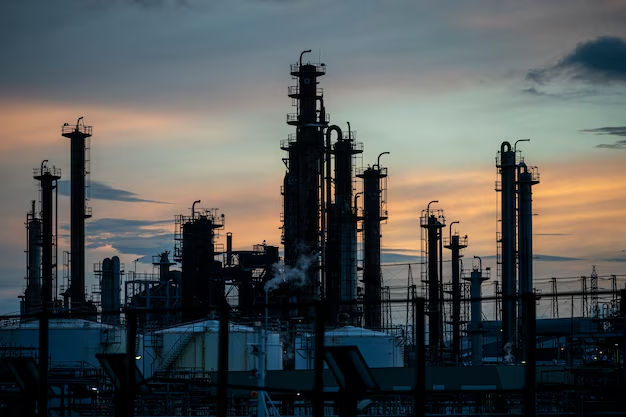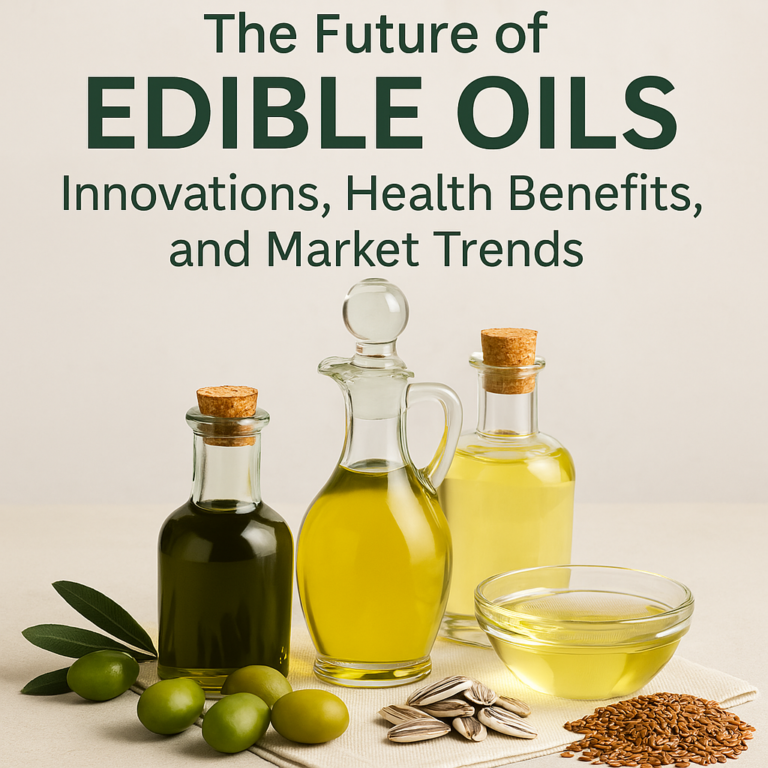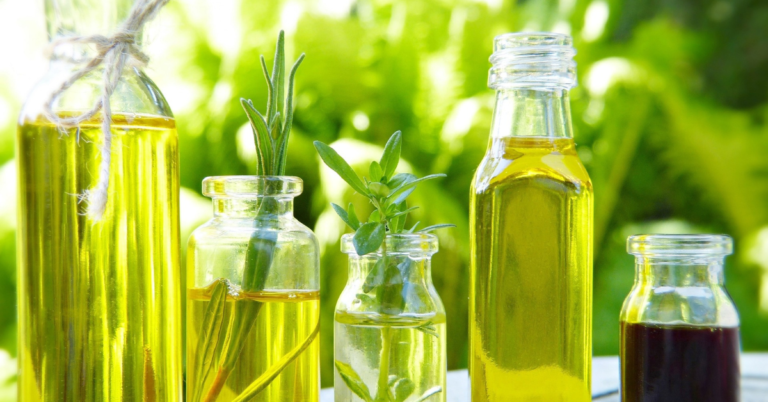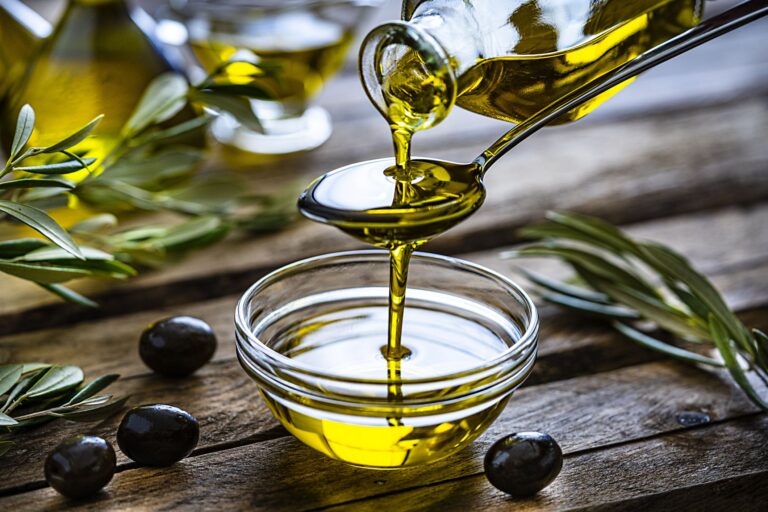
A Journey Through Oil: From Crude Beginnings to Refined Excellence
Imagine a bustling refinery, alive with the hum of machines and the glow of fire against the night sky. Here, crude oil, a thick and unrefined substance pulled from deep within the earth, begins its transformation. But it’s not just about producing fuel or plastics—it’s about the vital oils that touch our daily lives. These refined petrochemical oils power industries, lubricate engines, and even influence the edible oil sector by shaping refining techniques. Behind each drop of refined oil is a story of innovation, precision, and commitment to quality. Let’s delve deeper into how this fascinating process unfolds.
The Refining Process: A Step-by-Step Overview
1. Crude Oil Extraction and Transportation
The journey begins with the extraction of crude oil from deep beneath the earth’s surface. Advanced drilling techniques ensure efficiency and minimal environmental disruption. Once extracted, crude oil is transported to refineries via pipelines, ships, or trucks. This step is crucial for maintaining the oil’s quality and reducing contamination.
2. Desalting: Removing Impurities
Before processing, crude oil undergoes desalting to remove salts and water. Salts can corrode equipment and hinder refining efficiency. Desalting involves mixing crude oil with water, which dissolves the salts, and then separating the water from the oil.
3. Distillation: The First Transformation
In this stage, crude oil enters a distillation tower, where it’s heated to high temperatures. Components with different boiling points separate into layers. This process creates fractions like gasoline, diesel, kerosene, and feedstocks for petrochemical oils.
4. Conversion: Enhancing Usability
Conversion units like catalytic crackers break down heavier fractions into lighter, more valuable products. This is where petrochemical oils begin to take shape, ensuring they meet specific performance requirements.
5. Treatment and Blending
Refined fractions undergo treatment to remove sulfur, nitrogen, and other contaminants. This step enhances the oil’s quality and makes it environmentally friendly. Blending follows, where additives are mixed to achieve desired properties, such as viscosity or heat resistance.
6. Quality Control and Packaging
Finally, the refined oil is tested for quality, ensuring it meets industry standards. The product is then packaged and distributed to various sectors, including industrial lubricants, edible oil refining processes, and even cosmetic applications.
Benefits of Petrochemical Oils
Unmatched Versatility
Petrochemical oils are not limited to one sector. Their applications range from industrial machinery lubrication to creating raw materials for essential items like plastics and synthetic fibers.
Boosting Efficiency in Edible Oil Refining
Refining techniques developed for petrochemical oils have revolutionized the edible oil industry. These advancements ensure that oils like sunflower, soybean, and even mustard oil retain their nutrients while offering a longer shelf life. For instance, the health benefits of mustard oil are preserved through better refining processes.
Supporting Sustainability Goals
While the environmental impact of oil refining has been a concern, advancements in technology are helping reduce emissions and waste. The sustainability of palm oil, for example, is being enhanced by adopting refining techniques inspired by petrochemical processes.
Enhancing Health and Wellness
Petrochemical oils indirectly contribute to health-focused oils like cold-pressed oils. For example, cold-pressed oils’ benefits include retaining antioxidants and nutrients that are often lost in traditional refining.
How Petrochemical Refining Impacts Everyday Oils
Inspiration for Edible Oils
Edible oil refining borrows heavily from petrochemical processes. Oils like avocado and coconut are refined to enhance their nutritional value. For instance, comparing coconut oil vs olive oil, coconut oil benefits from advanced refining techniques that preserve its stability at high temperatures.
Advancements in Storage
Techniques developed in petrochemical refining influence how we store edible oils. Proper storage reduces oxidation, maintaining the oil’s quality and extending its shelf life. Knowing how to store edible oils can significantly affect their taste and health benefits.
Future of Petrochemicals
The future of petrochemicals lies in innovation and sustainability. Companies are exploring ways to reduce the environmental impact of oil production while increasing efficiency. These efforts directly benefit industries reliant on refined oils, from energy to food.
Why Petrochemical Oils Matter
Petrochemical oils aren’t just about powering machines; they influence the oils we consume, the products we use, and the way industries operate. The benefits of avocado oil, for instance, owe much to techniques developed in petrochemical refining.
Bridging Gaps Between Industrial and Daily Use
From extract oil vs essential oil to cold-pressed varieties, the lines between industrial applications and daily use are blurring. Petrochemical refining ensures we have access to high-quality products across sectors.
Conclusion: The Refining Process’s Broader Impact
The step-by-step refining process of petrochemical oils is more than a technical feat. It’s a story of how innovation and precision improve our lives, from the oils we cook with to the products that sustain industries. As we embrace the future of petrochemicals, the focus on sustainability and health benefits continues to grow.
What role do you think innovation in oil refining will play in shaping the oils we use tomorrow?



